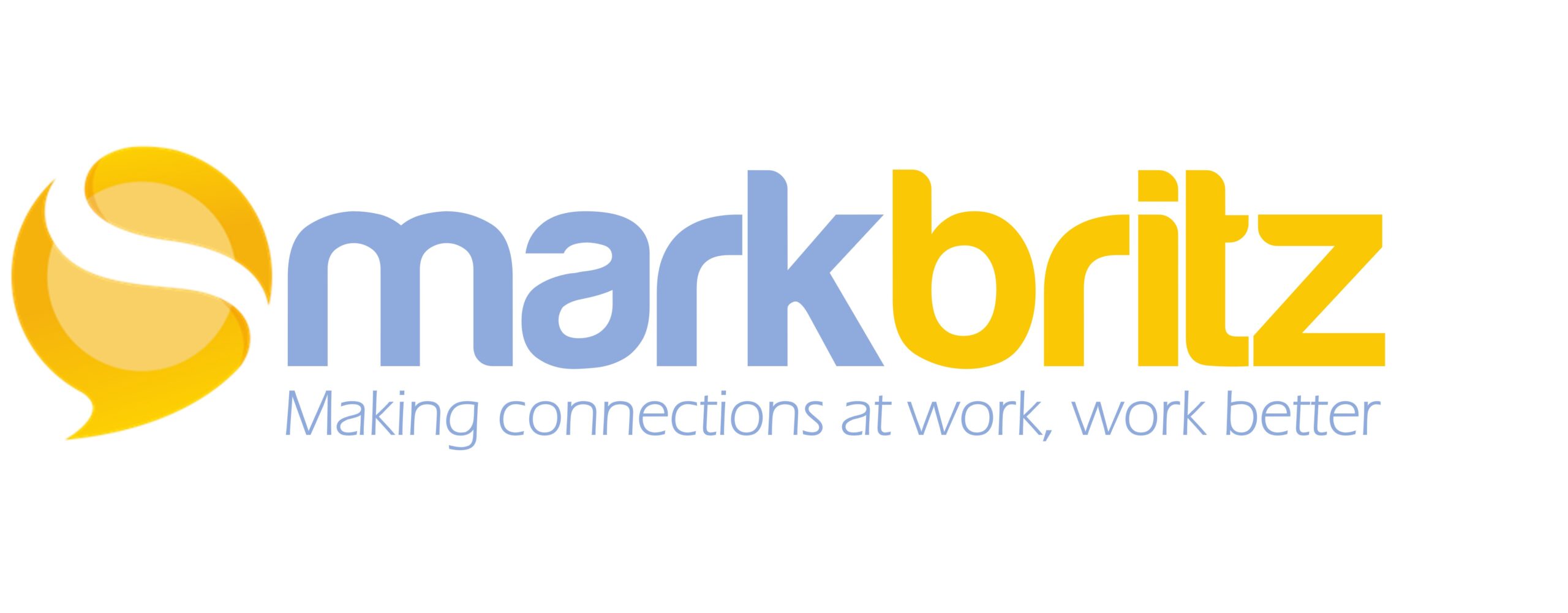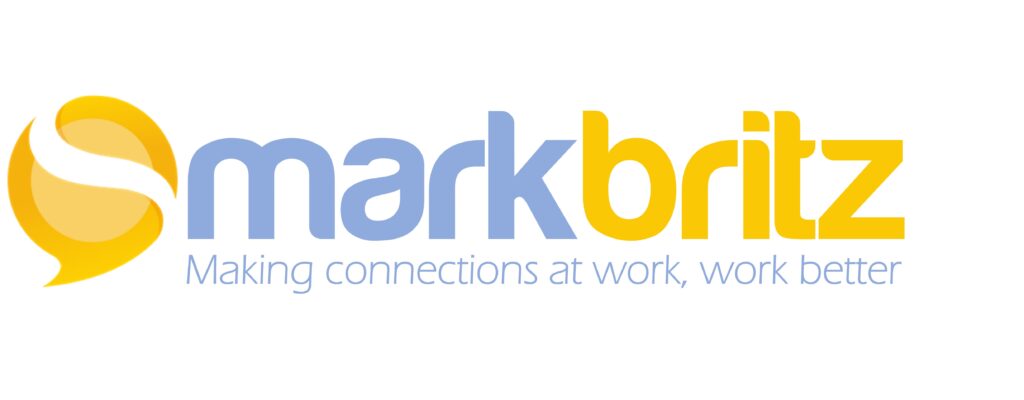I’ve been privy to a few conversations lately around organizational “social” behaviors and tools. Most of this has come through people in leadership roles reflecting on their organizations and the work they do.
One, a Dean at Syracuse University, expressed that the students “were already doing these things” (PKM, network building, etc) and a corporate leader who stated “we are doing a few of these things now” (social tech for organizational collaboration). In both cases it was sadly apparent there was no data just subjective observation, gut feeling and certainly no larger strategy to support these behaviors as being critical.
What’s Going On?
One thing is the fact that social tech is becoming increasingly commonplace, resulting in people slowly opening up and using the tools. Its become normalized and the long held leadership fear of social tech or that it’s mere folly has subsided. This is both good and bad news.
Good – because as we know, social always finds a way. People are playing around and getting more comfortable inside organizations using these tools in small teams and in productive ways.
Bad – because 1. the pace of adoption is slow and disconnected. Slow adoption means we are a long way from the real vision; work adaptation or working socially as the default. And 2. Executives, particularly old school executives (more common than not), are now “flippant”. The pace is comfortable, it feels safe in small pockets. But safe is not transformative. Safe, small and slow is not a revolution, never has been.
The Social Evolution?
This all reminds me of Karl Marx and what he wrote about the inevitability of a Communist revolution by the working class. Critics said that if it was inevitable, then one didn’t need to rush things, it would happen when the time was right. So rather than some massive, upheaving, social revolution are we just to see organizations incrementally reach plateaus? Is the “Future of Work” and “Humanization of Organizations” really to be more a slow slough forward vs. the a rapid change we desired and hoped for?
But then again, maybe it’s not about how we light the fire it’s where we light the fire.
Hope Lies with Youth
I think this slow level of advancement is the reality for most large organizations, the ones getting all the media attention about digital transformation. However, it’s the small, budding companies who inherently get social because that’s how they MUST work; people over process, flexible systems, cross pollination of skills, late night pizza in the meeting rooms.
If we want to incite a revolution, it starts with here, with the small and mostly invisible. It’s a revolution where a connected culture is maintained to prevent social atrophy, not try to reverse it. Helping small, growing organizations to NOT follow in the footsteps of the big ones is the real transformation we should be working on.

